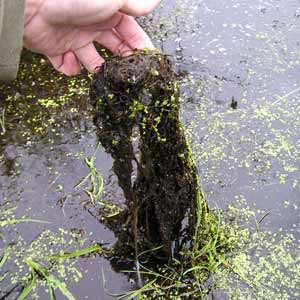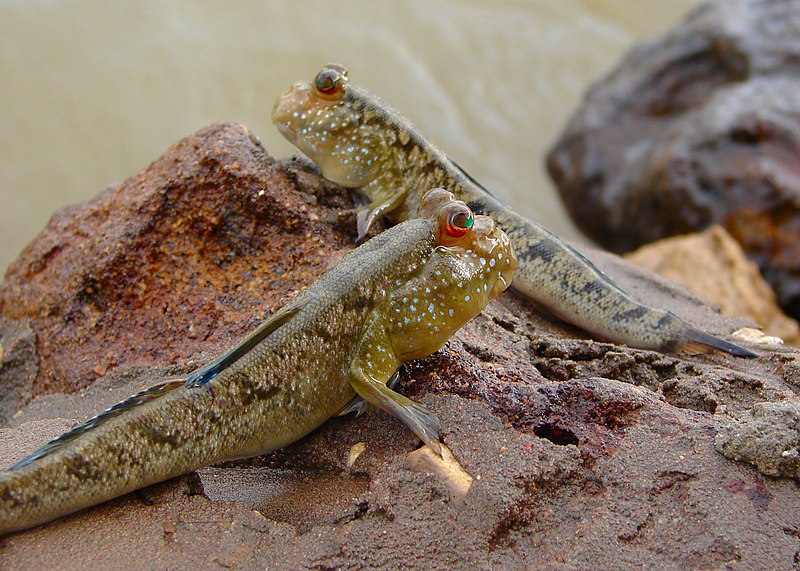Friday, March 22, 2013
Navy
There are many careers in the navy. One of them is a Nuclear Technician. Nuclear Technicians are the people who work in submarines and aircraft carriers that keep the nuclear power working and stable. The thing I found most interesting about the navy is the many places it allows you to travel to during your enlistment.The presentation affected my understanding of the ocean by showing me how important it is to keep our waters safe because most of our trade is through the ocean. The thing I will always remember about this presentation is the fact that the navy's science programs greatly affected how we study and understand the ocean.
Wednesday, March 20, 2013
Whales
Flukes are used to ID whales because each fluke is different, like a person's fingerprint.
Scientists need this data because it helps them track how and where whales travel through the ocean.
The most difficult part of the whale fluke lab was finding matching marks on the flukes. A change you could make to this lab to make it better would be to let us match more than four whale flukes.
Scientists need this data because it helps them track how and where whales travel through the ocean.
The most difficult part of the whale fluke lab was finding matching marks on the flukes. A change you could make to this lab to make it better would be to let us match more than four whale flukes.
Overfishing
Over fishing is a major concern because it rapidly depletes the population of fish in the ocean.Over fishing affects my daily life because it puts a strain on the ecosystems in which the fish belong by making the predators that hunt the fish struggle to find a food source. Choices you can make to help stop over fishing is to eat fish that are not caught by over fishing and to write to congress and ask to make over fishing laws.
Sunday, March 17, 2013
Coral Bleaching
Coral Bleaching is the bleaching of coral by the dying of a corals zooxanthellae. The dying of zooxanthellae can be caused by overfishing and increased water temperature. Coral Bleaching affects organisms living in the coral reef by reducing the availability of zooxanthellae to its inhabitants, causing a decline in the population of everything that lives in the ecosystem.
4 Problems Caused By Marine Debris
6 Pack Rings- can catch animals, killing them or horribly disfigure them.
Plastic Bags- look like jellyfish and are eaten by animals. Ingesting plastic bags poisons the animals and can suffocate them.
Oil- Coats animals, making them unable to feed and breath effectively
Bottle Caps- Bottle caps are eaten by birds because they mistake them for food. Since the plastic is hard to digest, the bottle caps stay in the stomach, leaving less space for normal food.
To help reduce problems caused by marine debris, we can reduce, reuse and recycle our plastics.
Plastic Bags- look like jellyfish and are eaten by animals. Ingesting plastic bags poisons the animals and can suffocate them.
Oil- Coats animals, making them unable to feed and breath effectively
Bottle Caps- Bottle caps are eaten by birds because they mistake them for food. Since the plastic is hard to digest, the bottle caps stay in the stomach, leaving less space for normal food.
To help reduce problems caused by marine debris, we can reduce, reuse and recycle our plastics.
Little Stinger of the Sea
Common Name: Lion Fish
Scientific Name:Pterois
Adaptations: Have poisonous spines used for defense against predators
Hunting Strategies: They do not use their spines for hunting, only for defense. They hunt just like any other fish.
Reproduction:Females release two mucus-filled egg clusters frequently, which can contain as many as 15,000 eggs.
Interesting facts: Bigger Lion Fish may be cannibalistic
Why I chose it: I chose the Lion Fish because it looks cool
Scientific Name:Pterois
Adaptations: Have poisonous spines used for defense against predators
Hunting Strategies: They do not use their spines for hunting, only for defense. They hunt just like any other fish.
Reproduction:Females release two mucus-filled egg clusters frequently, which can contain as many as 15,000 eggs.
Interesting facts: Bigger Lion Fish may be cannibalistic
Why I chose it: I chose the Lion Fish because it looks cool
Sea Grass
Sea grass provides food for many organisms in the through its detritus and leaves. Residents of sea grass ecosystems live in the sea grass while migrants and travelers only visit sea grass ecosystems occasionally.
5 Benefits of Sea Grasses
1. Sea Grasses provide detritus for animals to eat.
2. Sea Grasses act as a nursery for coral reef animals.
3. Sea Grasses clean the water.
4. Sea Grasses are a food source for many animals.
5. Sea Grasses house many types of fish.
2. Sea Grasses act as a nursery for coral reef animals.
3. Sea Grasses clean the water.
4. Sea Grasses are a food source for many animals.
5. Sea Grasses house many types of fish.
Sunday, March 3, 2013
Plastics in the Sea
Monofilament:
Entanglement:
Plastic Bags:
Ghost fishing:
Plastic Pellets:
All of these plastics in the ocean cause problems for marine life. Human plastic waste in the ocean either traps, chokes or suffocates the marine animals that come in contact with them.
Marine Issue
The BP oil spill has caused much damage to the gulf coast.
This video shows how the spilled oil coats the sea floor, preventing many animals from getting the nutrients they need to survive. I give this video a 4/5 because it could say more about the effects on animals that dont feed of of the bottom of the sea.
Importance of Mangroves
Mangroves are important for many reasons:
Nursery: Mangroves provide a home for baby fish to stay protected from predators in
Nutrients: Mangroves provide nutrients to the surrounding animals
Sediment: Mangrove sediments are filled with nutrients and detritus that many animals feed on
Toxins: Mangrove roots help filter the water to remove toxins
Buffer system: Mangroves are a buffer zone between tsunamis and towns
Ecosystem corridor: Mangroves connect land animals and sea animals
Nursery: Mangroves provide a home for baby fish to stay protected from predators in
Nutrients: Mangroves provide nutrients to the surrounding animals
Sediment: Mangrove sediments are filled with nutrients and detritus that many animals feed on
Toxins: Mangrove roots help filter the water to remove toxins
Buffer system: Mangroves are a buffer zone between tsunamis and towns
Ecosystem corridor: Mangroves connect land animals and sea animals
Mudskippers
Scientific Name:Periophthalmus argentilineatus
Common Name: Mudskipper
Habitat: Muddy waters of Mangroves
Reproduction: Burrow into the mud to lay eggs
Prey: Crabs and insects
Interesting Facts: Can breathe through their skin
Can live on land and in water
Can walk on land with their fins
Why I chose it: I chose the Mudskipper because they seem really interesting.
Common Name: Mudskipper
Habitat: Muddy waters of Mangroves
Reproduction: Burrow into the mud to lay eggs
Prey: Crabs and insects
Interesting Facts: Can breathe through their skin
Can live on land and in water
Can walk on land with their fins
Why I chose it: I chose the Mudskipper because they seem really interesting.
Subscribe to:
Comments (Atom)










.jpg)

